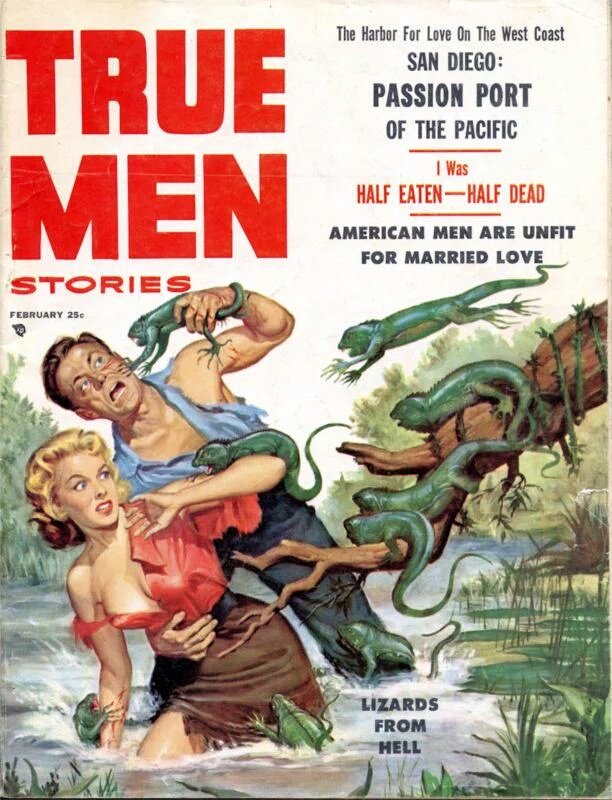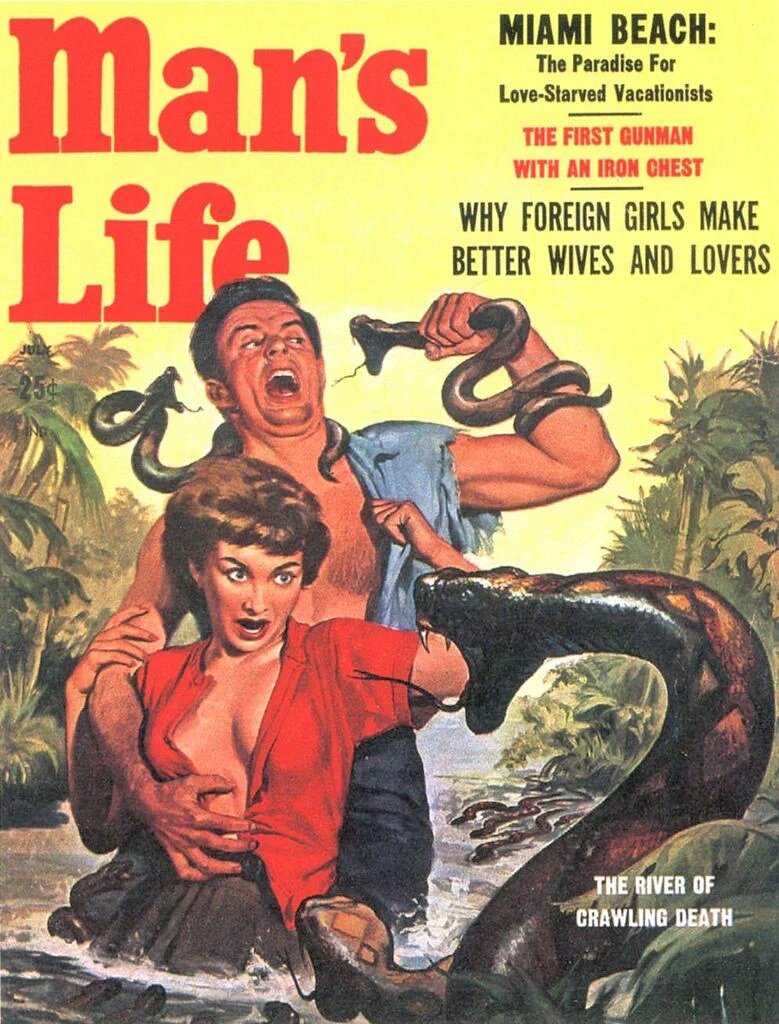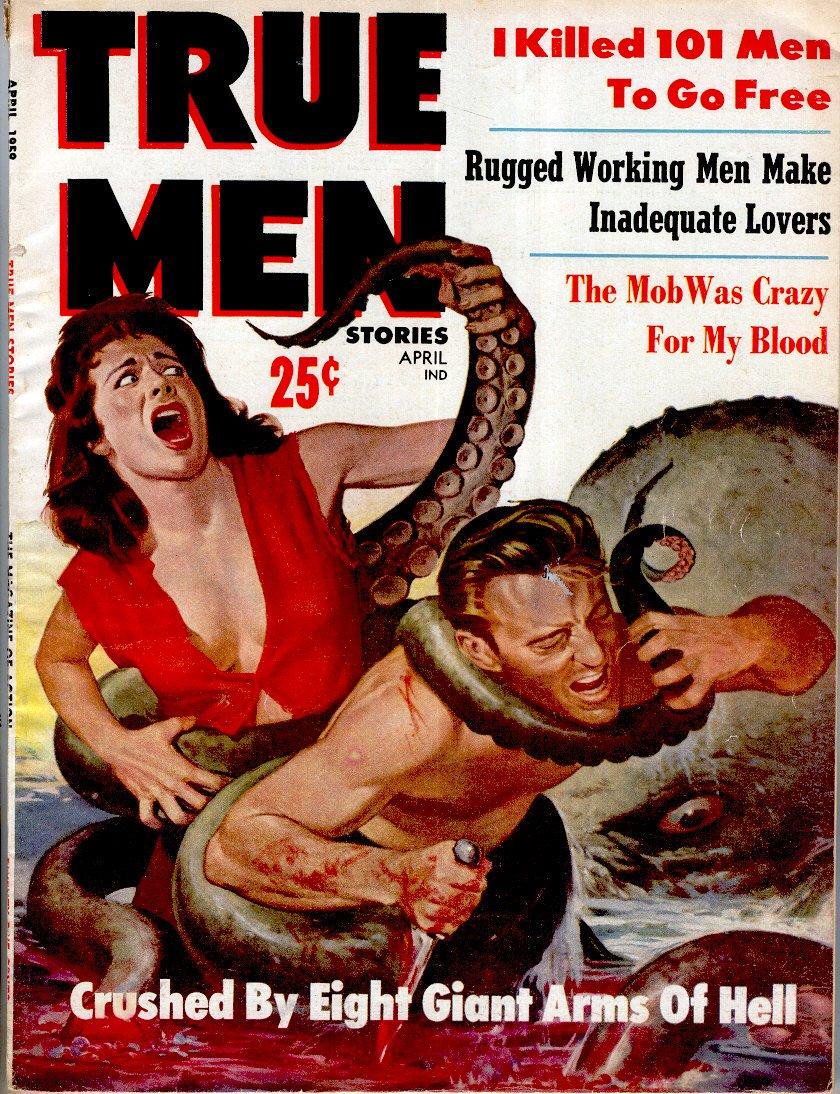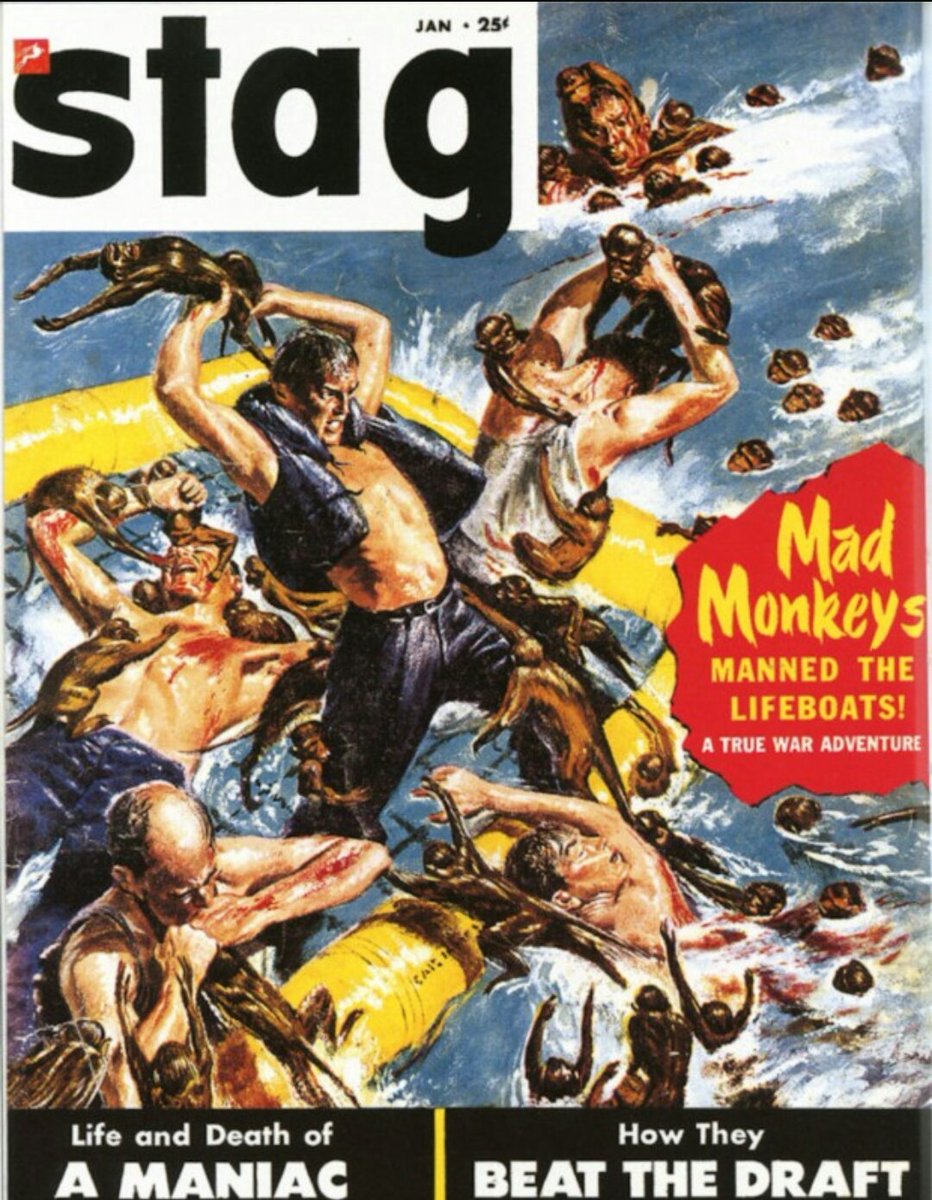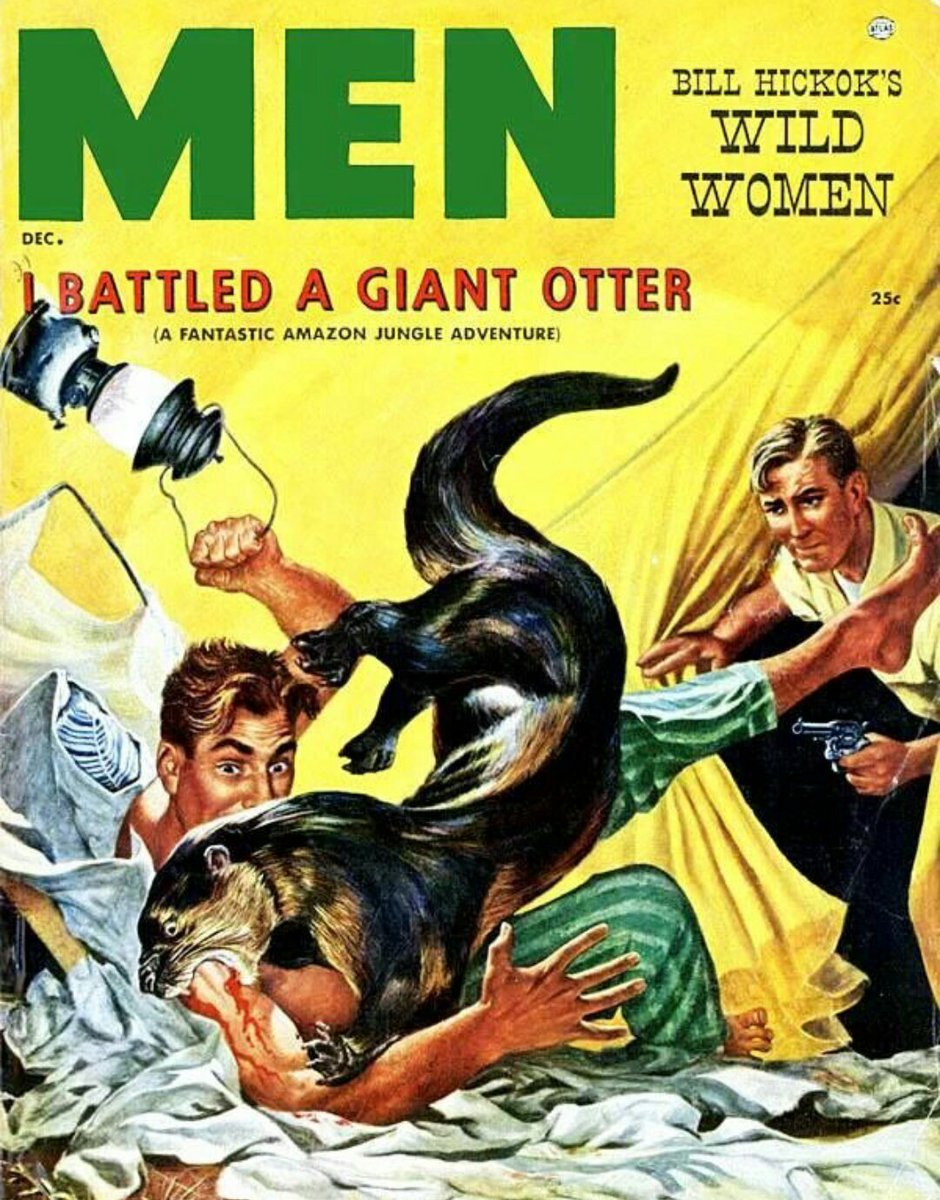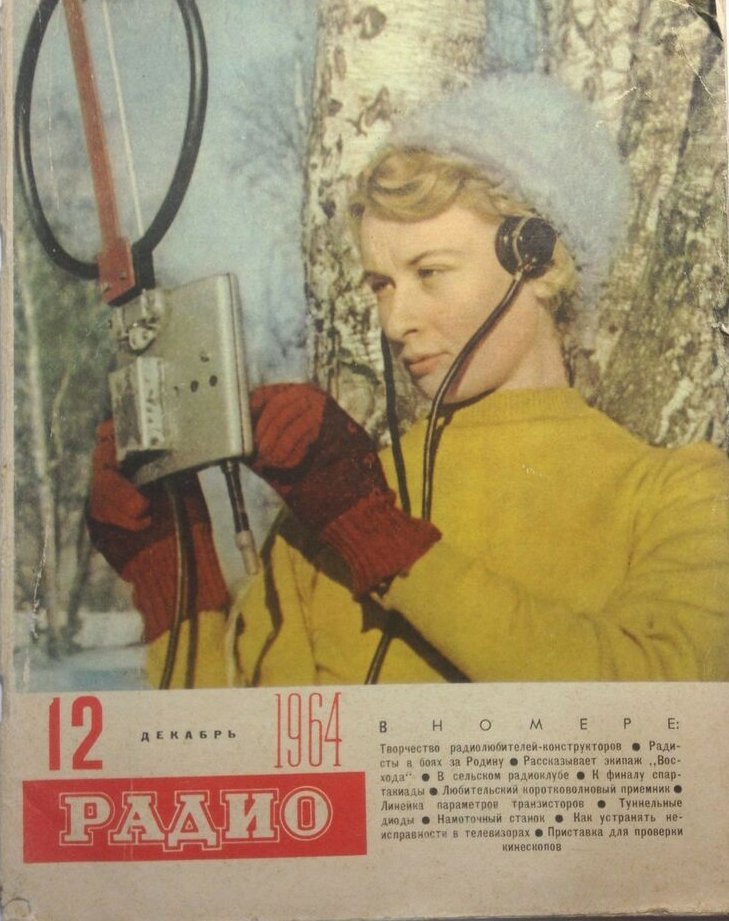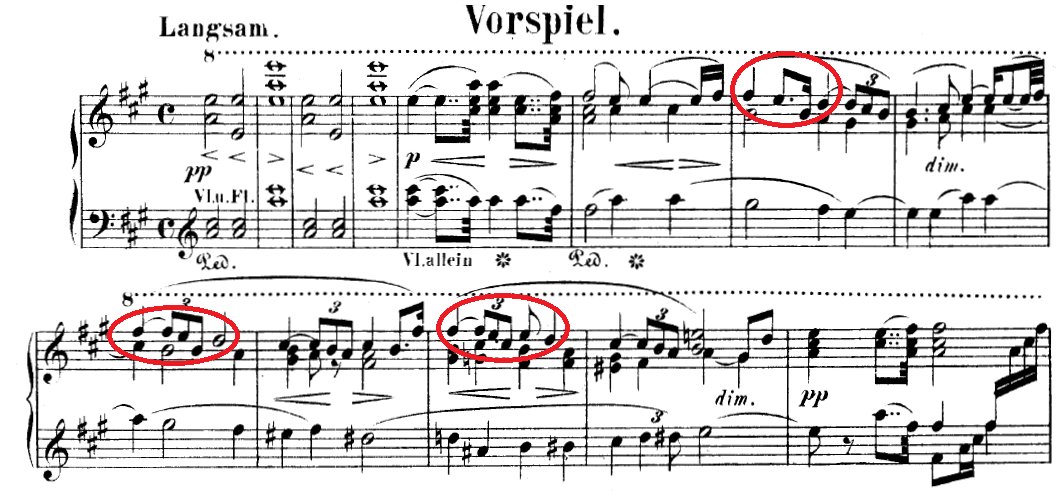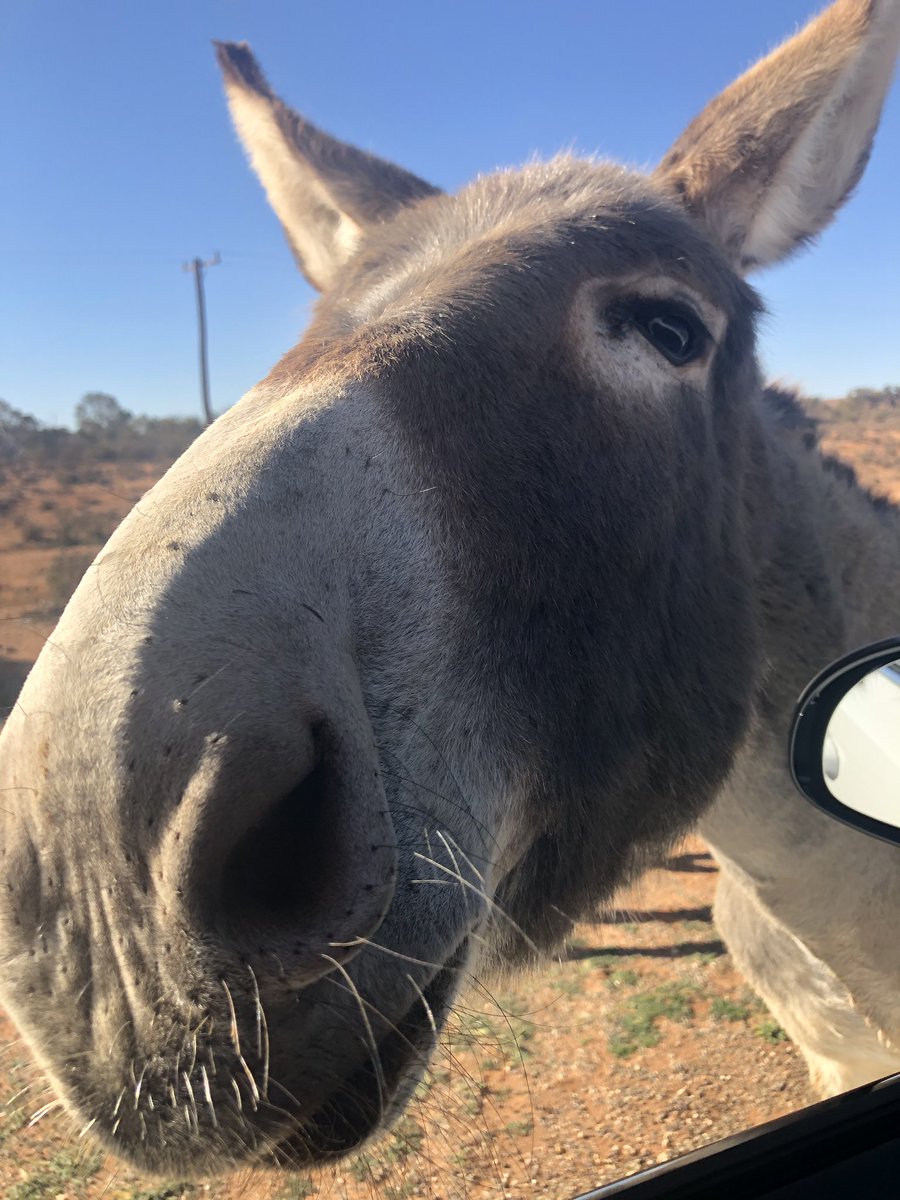The meat of the criticism is that the history Adler gives is insufficiently critical. Adler describes a few figures who had a great influence on how the modern US university was formed. It's certainly critical: it focuses on the social Darwinism of these figures. 2/x
Other insinuations and suggestions in the review seem wildly off the mark, distorted, or inappropriate-- for example, that the book is clickbaity (it is scholarly) or conservative (hardly) or connected to the events at the Capitol (give me a break). 3/x
The core question: in what sense is classics inherently racist? Classics is old. On Adler's account, it begins in ancient Rome and is revived in the Renaissance. Slavery (Christiansen's primary concern) is also very old. Let's say classics is an education for slaveowners. 4/x
It's worth remembering that literacy itself is elite throughout most of this history. Literacy is, then, also the education of slaveowners. We can honor oral and musical traditions without denying that literacy is, generally, good. 5/x
Otherwise, why do we find it horrifying that (eg) slaveowners forbade those they enslaved to learn to read? (And why *did* they forbid it?) Could classics also be good? Why not? 6/x
The argument that classics is racist in a special way needs to be explicit, not gestured at in vague terms. Now Christiansen makes one point very dear to my heart, that I agree with wholeheartedly. He says that the story of classics and black Americans needs to be told. 7/x
He asks whether Adler's book should have started with Du Bois and Anna Julia Cooper's experience with the classics. I agree that a treatment of these authors would strengthen and enrich Adler's account. 8/x
I say "strengthen" because despite what Christiansen suggests in his quotation from Cooper, Cooper and Du Bois defended classical education. Cooper seems to have lost a job thanks to the fierceness with which she fought for classics. 9/x
Christiansen has found some passage where Cooper seems to criticize the Greeks for their lack of diversity. I'm not sure where he found it. Her essay on higher education is full of language which comports well with Adler's views. For example, describing an educated woman: 10/x
"[When the sun goes down] she has remaining the mellow, less obtrusive, but none the less enchanting and inspiring light of friendship, and into its charmed circle she may gather the best the world has known... 11/x
"She can commune with Socrates about the daimon he knew and to which she too can bear witness; she can revel in the majesty of Dante, the sweetness of Virgil, the simplicity of Homer, the strength of Milton... 12/x
"Here, at last, can be communion without suspicion; friendship without misunderstanding; love without jealousy." (This was written before the similar, famous passage from Du Bois.) 13/x
The essay defends education as self-development, much as Adler does (and of course, also Du Bois). How do we make sense of the various traditions of black classicism (of which these are only two examples), in light of the idea that classics is inherently racist? 14/x
Why hasn't Christiansen written about black classicism? He is a Homerist. There's nothing wrong with studying and teaching Homer. I think it's wonderful. But there is something off about attacking a colleague for not doing work that you haven't taken interest in yourself. 15/x
Now, maybe he is interested. Maybe he is writing his own book. That would be great! but strange to criticize someone else for not writing the same book as you. But I can't find any evidence that he has written on these topics. 16/x
There are in fact a number of books about black classicism in the US: African Americans and the Classics, The Ebony Column, Ulysses In Black... How many elite classics professors are working in this area? I'm going to guess few to none, and I'm going to guess why. 17/x
The practice of critique in classics is theory-driven. Elite depts are prestige-marker driven. So theory is used to mark prestige: cherry-pick a few names and quotes that have a Whiff of Evil, publicly humiliate someone, and there's your social justice work for the day. 18/x
The work that black scholars are actually doing or have done for the past two hundred years is of secondary interest at best. Useful as a bully club, perhaps, but not worth, say, writing an article or even a blog post about. 19/x
After all, to read it and study, say Cooper, would mean to encounter "problematic" views about universality, humanity, virtue, womanhood, and the Christian Gospel. 20/x
I doubt very much that Christiansen is racist. But I suspect--and here I am breathing a Whiff from my own experience-- that prestige and point-scoring trumps all. That's not him personally-- that's part of the culture of elite classics departments. 21/x
In the first part of my book I describe the love of cruelty and public humiliation I saw in my first year of grad school. Many have told me that this description seems unrealistic and over-the-top. I was describing an elite classics department. 22/x
In my wing, you might be humiliated for translating an aorist like a perfect. In another wing, it would be the use of a source that was, well, "problematic". Same soap, different flakes. 23/x
One reason why I am a bad culture warrior is that I think that what is caricatured as 'woke excess' at universities is used crudely to describe a number of different phenomena, which do not have the same status. 24/x
There are the real experiences of minorities, which are often very bad. There is critical theory, which is illuminating and interesting (although not, imho, all there is). There is work on genuinely neglected and fascinating topics. 25/x
Then there is the use of melodrama and innuendo to score points against one's colleagues. Now, as an account of motivation, strictly speaking, that can't be seen from the outside. That's why the account in my book was first-person. 26/x
I don't know Christensen's motivations. Perhaps I've been grossly unfair. If so, he can prove it by 1) editing out the distorting innuendo in his review and 2) writing about what he thinks the racism of classics amounts to in light of the black classicist traditions. 27/x
I should add: I learned about these traditions thanks to my friend
@AnikaFreeindeed . Give her a follow if you're interested. /fin
AND she is writing a book on Anna Julia Cooper and the classics!
I should add, this review of Adler is valuable:
https://t.co/JWgArjMU31



